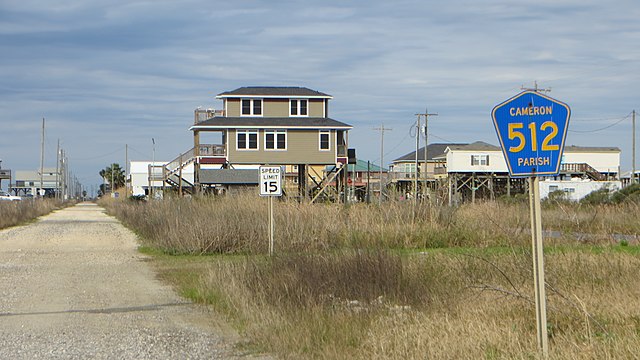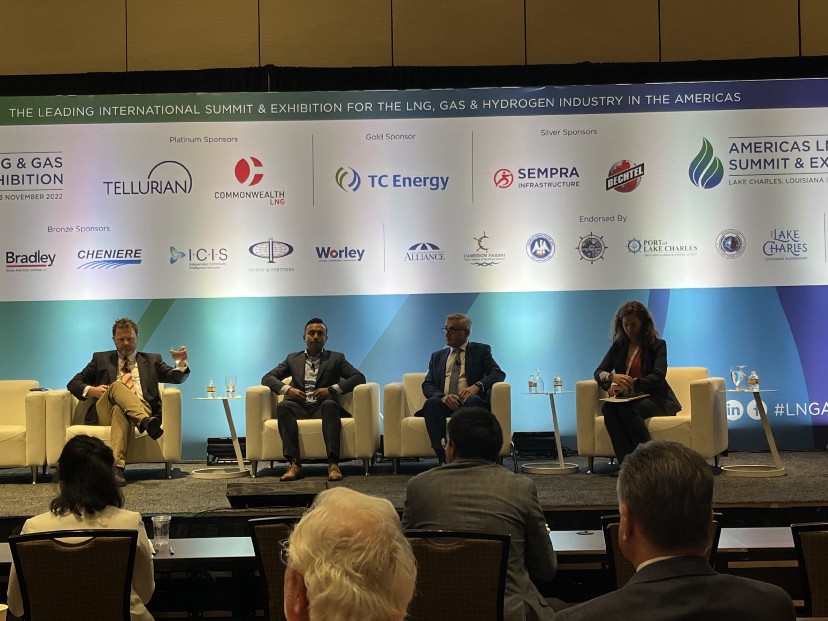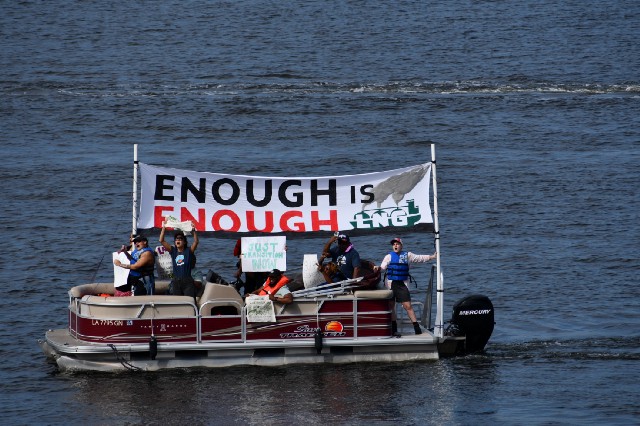
Fracked gas buildout
There are 20+ proposed Fracked Gas LNG export terminals along the Gulf Coast. We cannot curb climate change in the U.S. without swift action to stop the fracked gas buildout in the Gulf.
Keep up-to-date on the issues you care about. Sign up for Healthy Gulf updates to stay informed, volunteer, and take action.
Get Updates.
Stay Informed.
The Problem
There are currently more than 20 proposed Fracked gas LNG export terminals in Gulf Coast Communities.
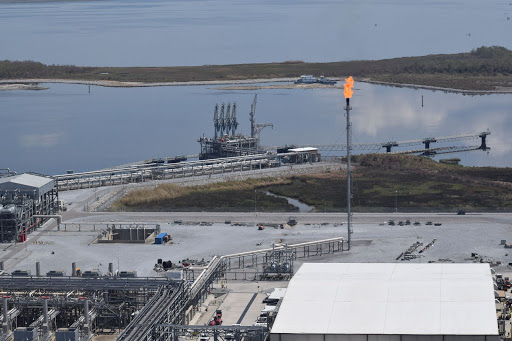
The United States oil and gas industry has embraced liquified natural or fossil gas (LNG), as big business. LNG in the 1990s and early 2000s was envisioned as an importation need, and a few import terminals were built on the Gulf Coast and around the coastal United States. Since about 2010, the markets flipped, and as oil and gas producers began fracking more and more in areas in the US, extractors needed a market to sell to. Thus the export fossil gas bonanza that we see today. The LNG export market is essentially a justification for domestic drilling and fracking. Fossil gas and LNG in particular have been marketed as a “clean fuel”, which is entirely untrue because LNG is still a fossil fuel.
LNG is gas that is super-chilled until it becomes a liquid. The chillers (liquefaction units) require refrigerants and chemicals pumped into chambers that reduce the temperature of the gas by 260 deg F. Once liquid, the material must stay chilled until it reaches a regasification unit to safely bring the liquified gas back to a gaseous state. So an LNG export terminal, in addition to the footprint of the terminal itself, implies three important ancillary pieces:
1. a supply of fossil gas (including pipelines)
2. specialized transport vessels, and
3. cold-storage or regasification units at the receiving end
All of this infrastructure is highly specialized, and extremely expensive, and has the possibility to malfunction, leak or spill.
There is no such thing as a “clean fossil fuel”, or a fossil fuel which does not contribute to pollution and global warming. In addition, the environmental, public health and safety impacts of LNG exports are left out of the discussion from the industry’s point of view. The vast majority of the LNG export terminals proposed for and in operation in the US are clustered around the Gulf of Mexico. The environmental and public health impacts of LNG export terminals are much greater on Gulf coast communities and ecosystems, than on other coasts of North America.
The Opportunity
We have already seen the dissolution and abandonment of several proposed LNG export terminal projects in the past year. For example, Annova LNG and Galveston LNG plants both retracted their intent to build, citing market forces and legal challenges. The international market for regasification is declining, not increasing. There is no need to prop up the fracking and gas extraction industry in North America, as Western Europe and other Paris Accord countries set their sights on transitioning away from fossil fuels. Plus, the impact of LNG export terminals and ancillary facilities threaten our communities and ecosystems. We can continue to embrace the world shift away from fossil fuels. We can develop renewable energy jobs and resources at home and abroad. We can continue to ask our local, state and federal agencies to deny the permits for these costly, polluting projects and instead ask them to invest in our healthy communities.
We can accept not closing any of the existing LNG export plants (for now), but instead focus on not approving any new plants or pipelines. We can insist that no redundant pipelines are added, and that no new coastal wetlands are destroyed as a result.
The export of gas is a new problem in the united states which began in 2015. It’s time to ban the export of fossil gas.
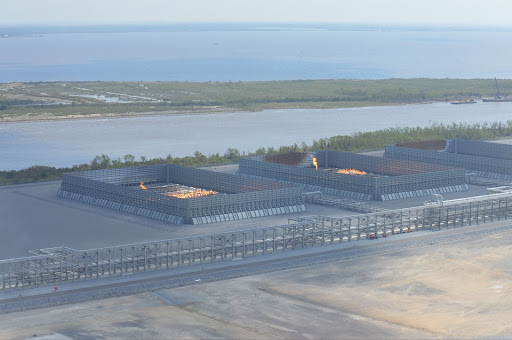
What Healthy Gulf Members Are Doing
Healthy Gulf is bringing together communities across the gulf who are uniting together to oppose fossil gas buildouts in their communities.
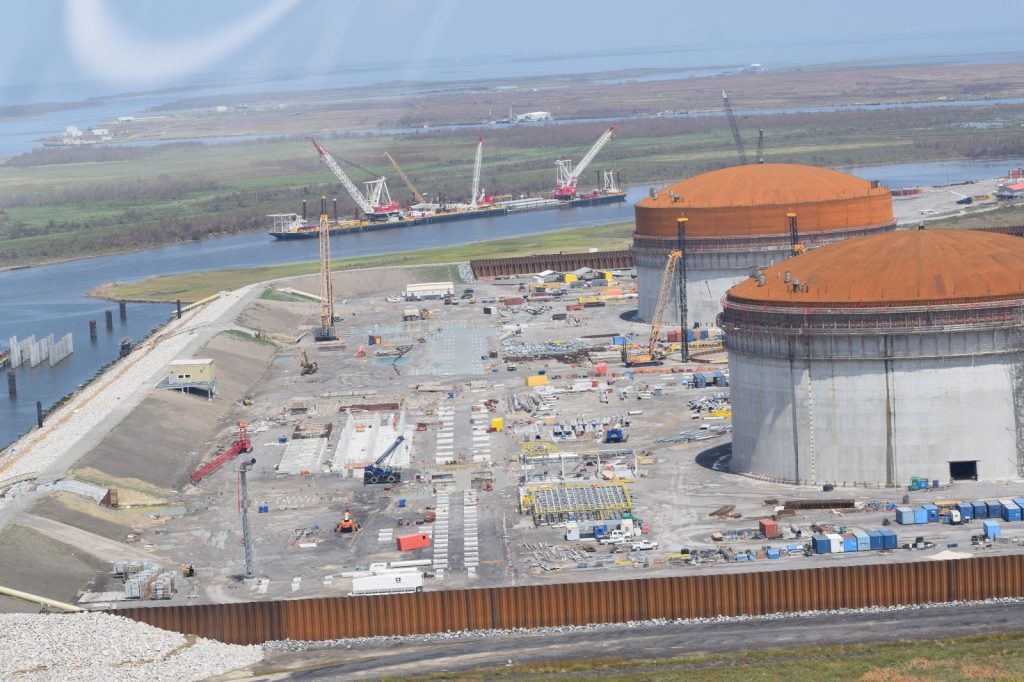
Healthy Gulf supporters are participating in public hearings on proposed fossil gas export facilities and associated infrastructure, sending messages to decision makers opposing new facilities, and helping to organize their communities against harmful projects. Healthy Gulf and our supporters successfully pushed the federal government to require a full environmental impact study for the Commonwealth LNG export facility in Southwest Louisiana, specifically addressing environmental justice and climate concerns, which sets a major precedent for future projects. And we continue to work with supporters to oppose dozens of new proposed fracked gas projects in the region.
Get Updates on How to Get Invovled
Stay up to date on the issues you care about. Sign up to be an activist to receive alerts, newsletters, and updates from our team!

